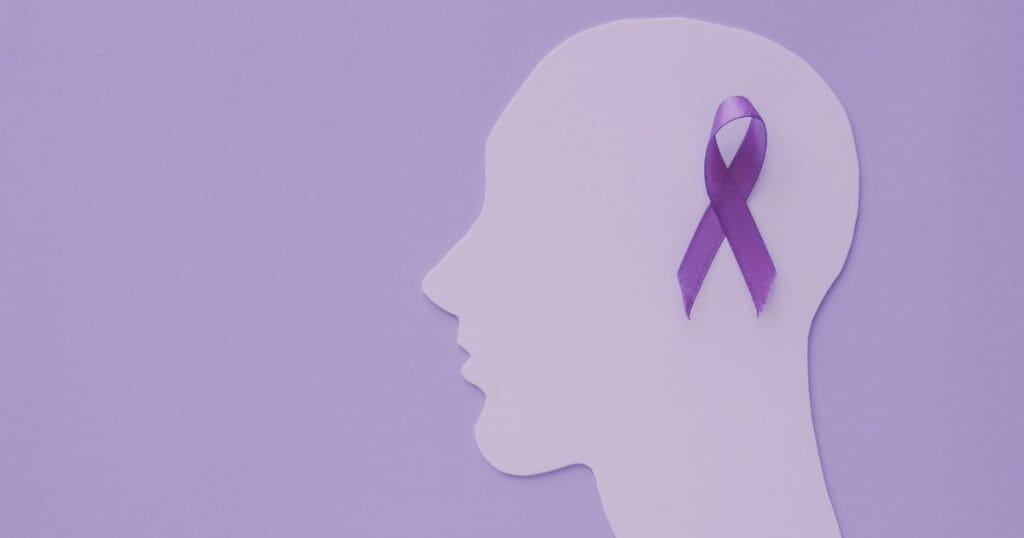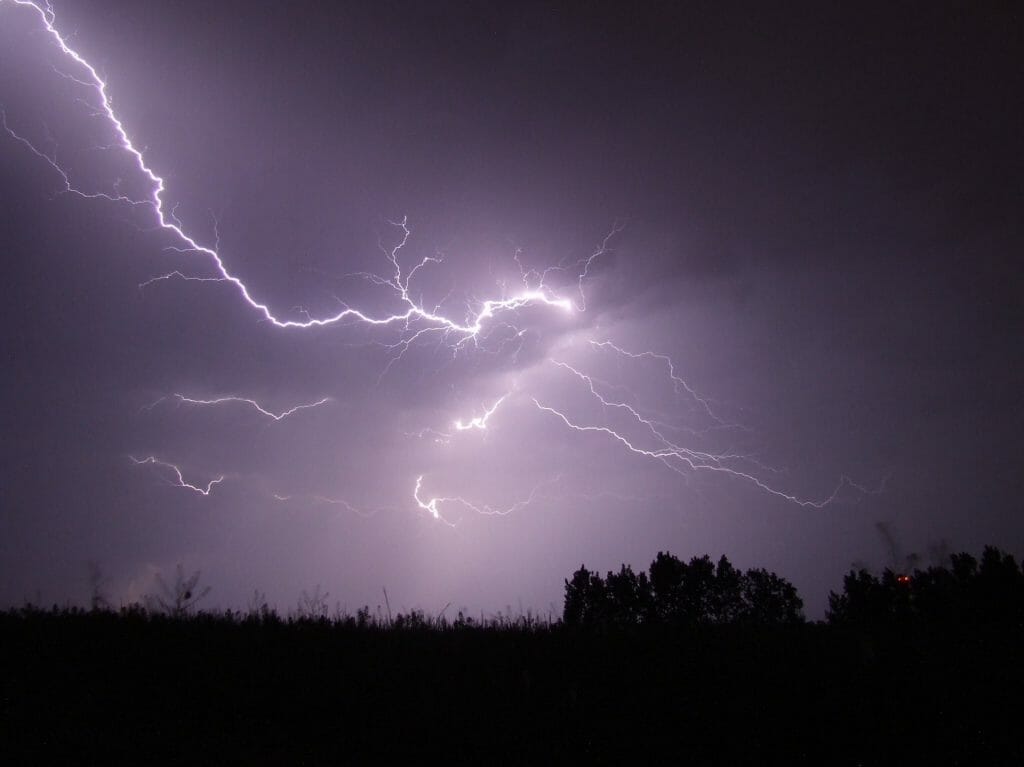Default
Migraine Behind the Mask: Making a Difference Together
What Does Migraine Look Like For You? Every year, Migraine Meanderings asks our migraine community to participate in the Migraine Behind the Mask awareness campaign. This migraine advocacy campaign aims to help people without migraine better understand what life with migraine is like. Migraine is a highly stigmatized disease, and our campaign lets people with…
Read MoreMigraine Myths & Misinformation: People With Migraine Just Need to Push Through
Living with chronic pain can make every day feel like a struggle. Our friends, family and coworkers often don’t understand how much energy is required of us to complete even the most basic tasks. Some believe that if we just pushed ourselves, we could do more. But anyone living with migraine knows just how difficult…
Read MoreWhen Migraine Hurts Can A Positive Attitude Help?
Migraine and other chronic pain conditions take a huge toll on your general well-being. There are days filled with anger, sadness, anxiety, and hopelessness. Some days it’s like the people around you don’t see how pain is affecting you, and then you can also start feeling resentful and frustrated. Pain causes stress, which then causes…
Read MoreMigraine & Headache Awareness Month: Making a Difference Together
Migraine and Headache Awareness Month (MHAM), held each June in the U.S., is a vital opportunity for the migraine advocacy community, patients, health care providers, and pharmaceutical companies to make a difference together. It is incredibly encouraging each year to see organizations and individuals pull together both by creating materials and helping share them, and…
Read MoreFatherhood and Migraine
Happy Father’s Day to all the wonderful dads out there! And a big shout out to all the dads who have migraine, are parenting children with migraine, or both. Even though women are two to three times more likely than men to have migraine, men also experience migraine attacks that can seriously impact their daily…
Read MoreMigraine Myths: New Medications Have More Side Effects Than Older Ones
One of the most helpful things that has emerged in the past few years as migraine advocacy communities have emerged and grown, is the sharing of information about medications. While generally a positive thing, there are also negative aspects. This is seen most clearly in the discussion of migraine medication side effects (or “adverse events”),…
Read MoreMigraine Myths: Migraine Doesn’t Get Worse
Migraine is a complex disease that can severely impact one’s health and overall quality of life. While we know migraine is so much more than just a headache, many people are not aware that migraine can worsen over time, or chronify. Preventing migraine from becoming chronic is not always possible, but there are steps we…
Read MoreMigraine Myths: My Insurance Determines the Migraine Meds I Can Take
Many people think that they have to take the medications their insurance requires rather than those their doctor prescribes. This is not true, although sometimes we do have to follow certain steps in order to get approval. Read this blog and follow the tips below to help get your migraine medications covered by your insurance…
Read MoreMigraine Myths – Migraine Can Be Stopped Or Cured By…
Are people always giving you advice on how to manage your migraine attacks? Does any of this advice include old wives’ tale remedies for migraine? A wide variety of old wives’ tales exist about how to relieve or even cure migraine. Many of us are desperate enough to try almost any treatment – no matter…
Read MoreWhy Do I Get Migraine Attacks In The Spring?
Spring is finally here – who’s looking forward to longer and warmer days? Many of us with migraine find that springtime can trigger attacks or worsen migraine symptoms. The changes in weather, fresh flower blooms and pollen, and spring cleaning can all contribute to migraine. Below are the spring triggers to look out for, and…
Read MoreWeather and Migraine – Are You a Human Barometer?
Are you better at predicting weather than a meteorologist? It goes without saying that migraine is the gift that keeps on giving. Different factors cause different headaches and changes in pressure have an impact. The migraine brain is sensitive to changes – and the response to change is generally a migraine attack. Weather Impacts the…
Read MoreMigraine Myths: People with Migraine are Not Strong
“It’s just a headache – take an aspirin and you’ll feel better,” they say. How many times have you heard this? People living with migraine understand their condition is much more than just a headache. Migraine disease can be debilitating, and impact every aspect of our lives. Because of frequent and painful migraine attacks, we…
Read More










